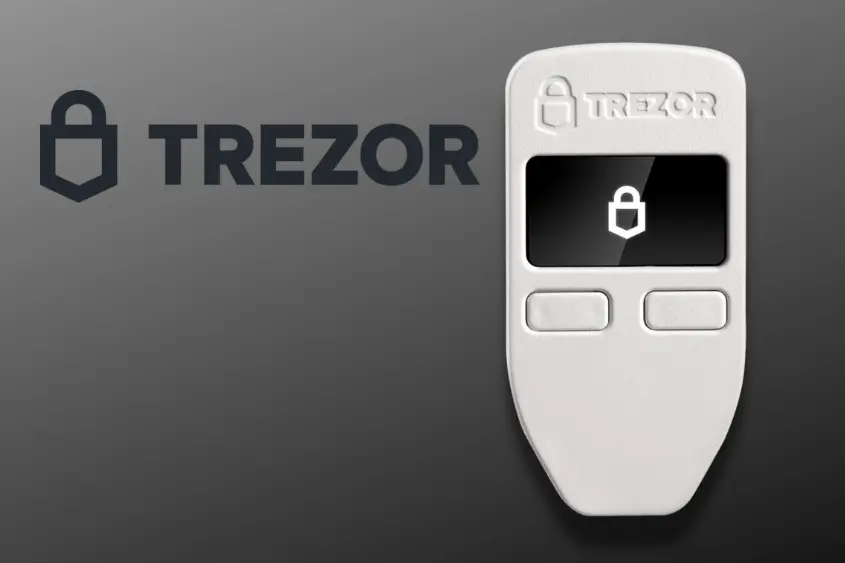Trezor.io/start — The Complete 2025 Guide for Beginners
A full step-by-step walkthrough to setting up your Trezor hardware wallet safely and securely.
Think of your Trezor wallet as a personal vault that stores your private keys offline, making it immune to online hacking attempts, malware, and phishing. This guide breaks down everything from installation to advanced security tips in a beginner-friendly and SEO-optimized format.
By the end of this article, you'll know exactly how to configure your device, safeguard your recovery seed, and start managing assets like Bitcoin, Ethereum, and thousands of other cryptocurrencies.
- Authentic software downloads with no risk of phishing
- Proper initialization instructions
- Secure firmware updates
- Avoidance of counterfeit apps or malicious tools
- Guided onboarding for beginners
Step-by-Step Setup Guide Using Trezor.io/start
Step 1: Unbox Your Trezor Wallet
Your Trezor device should arrive sealed with tamper-proof packaging. If you notice anything suspicious, stop immediately and contact Trezor support. No recovery seed should ever come pre-written.
Step 2: Visit Trezor.io/start
Open your browser and manually type Trezor.io/start. From here, choose your Trezor model and follow the guided installation. You will be prompted to download the official Trezor Suite software for desktop or web.
Step 3: Install Trezor Suite
Trezor Suite is the central control panel for managing crypto, updating firmware, enabling passphrases, and securing your assets. Download the official version only from Trezor.io/start.
Step 4: Create Your PIN
Your Trezor will guide you through selecting a strong PIN code. This protects your device from unauthorized access. Never share or reuse this PIN.
Step 5: Backup Your Recovery Seed
Your Trezor device will generate a 12–24 word recovery phrase. Write it down carefully on paper and store it securely offline. This seed is the master key to all your assets.
Step 6: Add Crypto Accounts
Use Trezor Suite to add accounts like Bitcoin, Ethereum, Litecoin, Solana, or ERC-20 tokens. You can now send, receive, and track your portfolio securely.
Essential Trezor Security Tips
While Trezor hardware wallets offer world-class security, your recovery seed is the foundation of all your crypto protection. Guard it like treasure.
No website, app, or person—including Trezor support—will ever ask for your seed phrase.
Additional safety guidelines:
- Never store your seed phrase digitally (not in photos, notes, emails, or cloud storage).
- Use a durable backup method (steel plates recommended).
- Enable passphrase protection for advanced security.
- Keep your firmware updated through Trezor Suite.
- Beware of fake browser extensions or wallet apps.
Trezor vs Software Wallets: Quick Comparison
| Feature | Trezor Hardware Wallet | Software Wallets |
|---|---|---|
| Security | Offline, very high | Online, moderate |
| Private Key Ownership | User controls keys | May be app-controlled |
| Cost | Paid device | Free |
| DeFi Compatibility | Secure through Suite/Web3 | Direct but riskier |
Frequently Asked Questions
Yes. Always type the URL manually to avoid phishing attacks.
You can restore all funds using your 12–24 word recovery seed on any new Trezor device.
Yes — Trezor integrates seamlessly with MetaMask for secure DeFi access.
Yes, it is the safest way to manage your assets, update firmware, and access advanced security settings.
Conclusion: Begin Your Secure Crypto Journey with Trezor.io/start
Trezor.io/start is the trusted gateway to securing your digital assets. By properly configuring your device, backing up your recovery seed, and managing your portfolio through Trezor Suite, you take full control of your cryptocurrency future.
Whether you’re storing Bitcoin, Ethereum, or venturing into the world of DeFi, Trezor ensures your private keys remain safe, offline, and completely under your control.
Begin your crypto security journey today — the right way.
